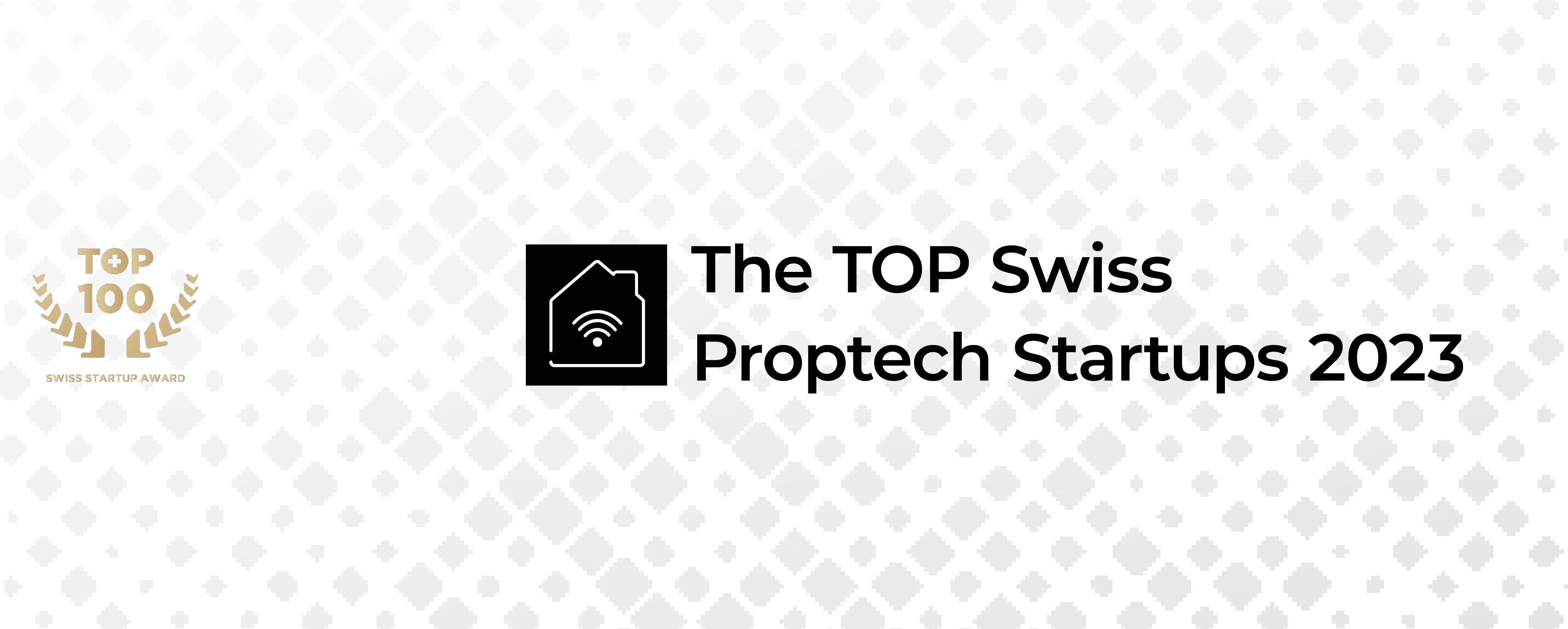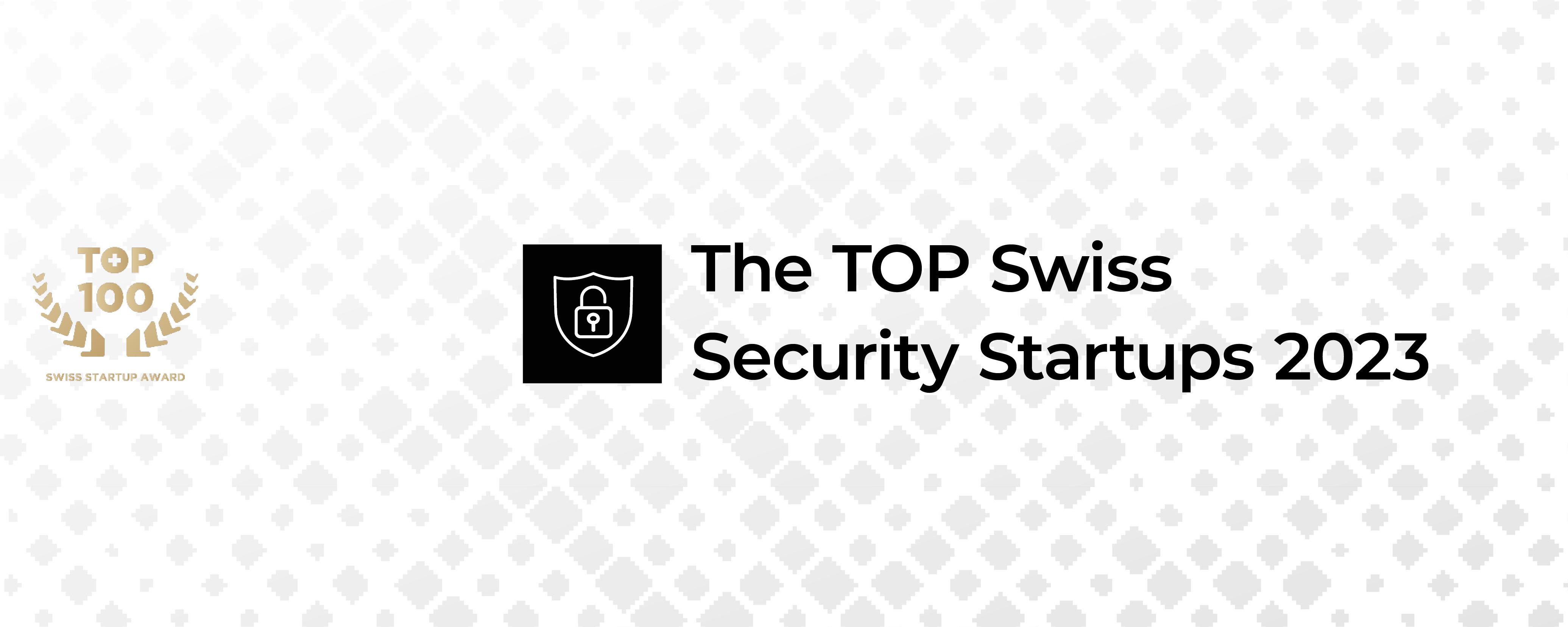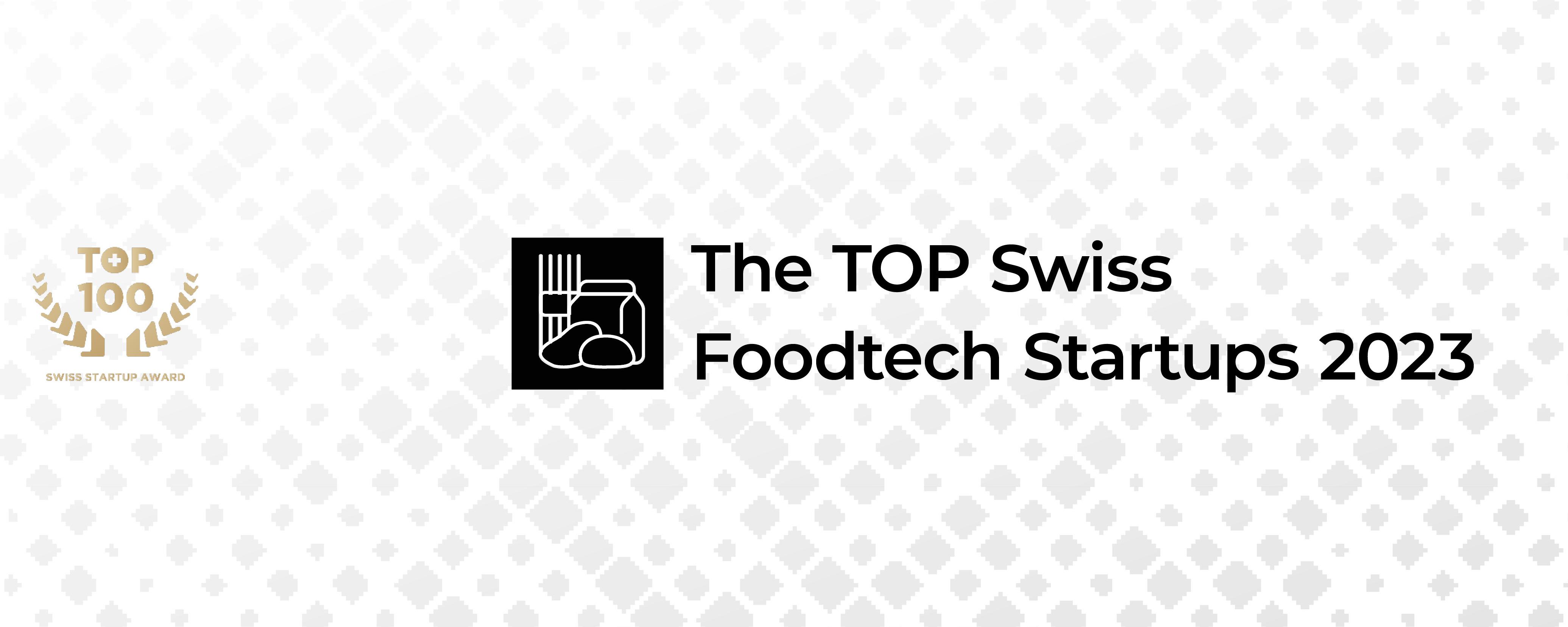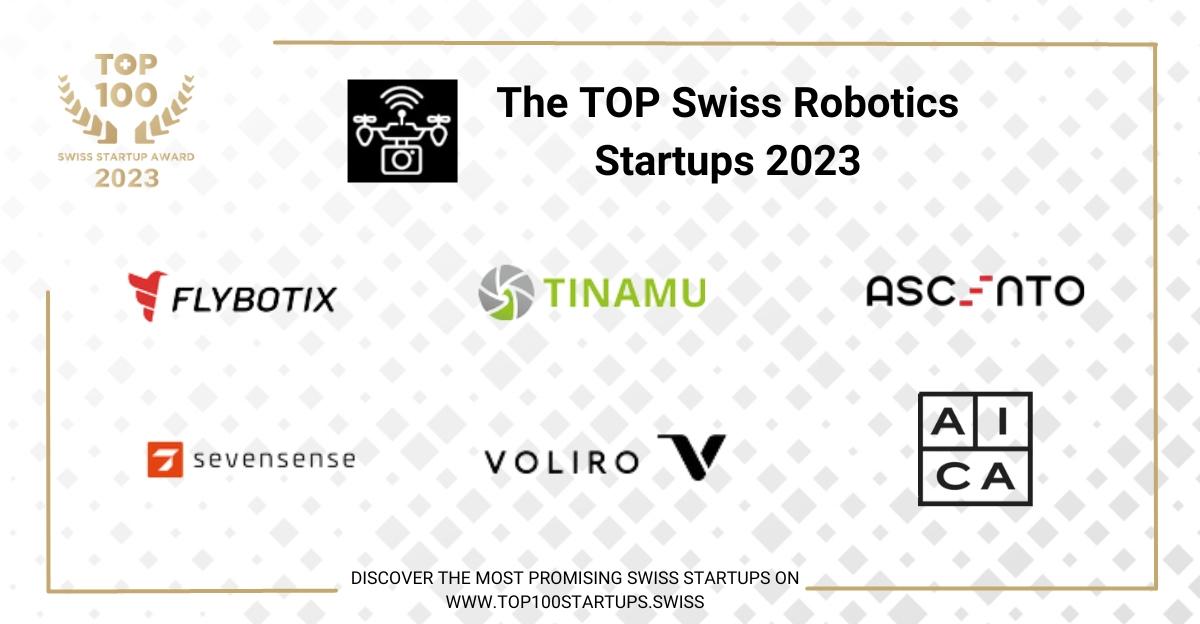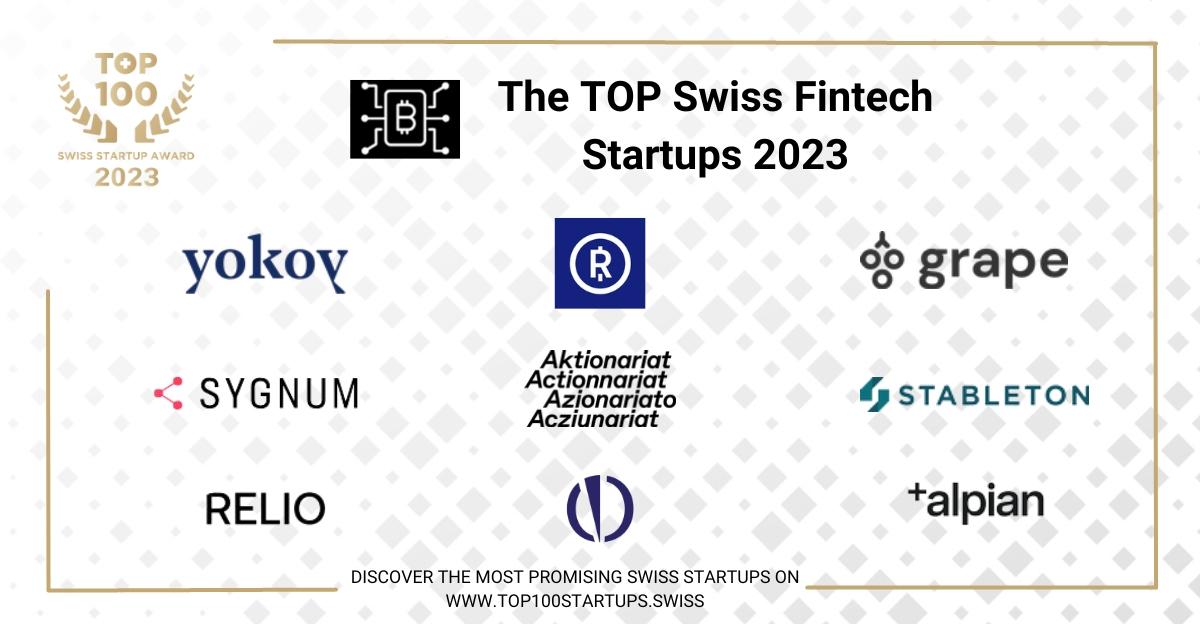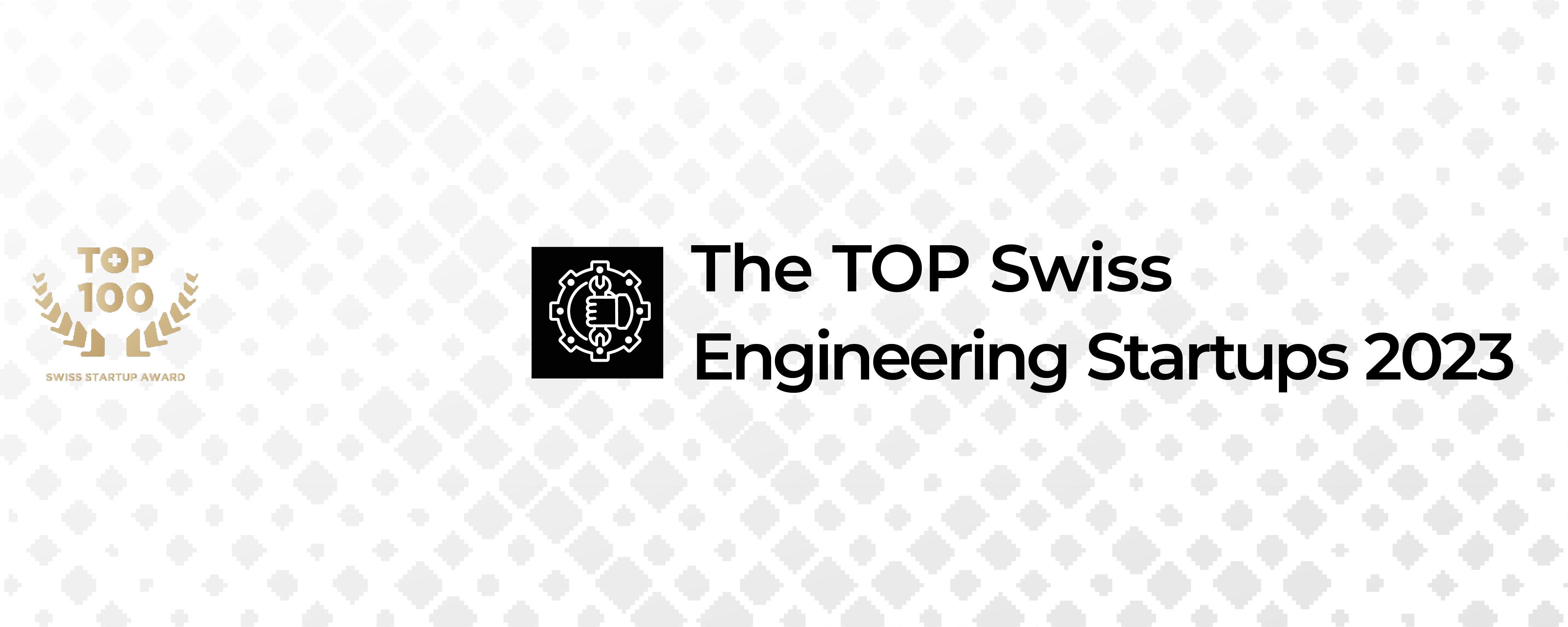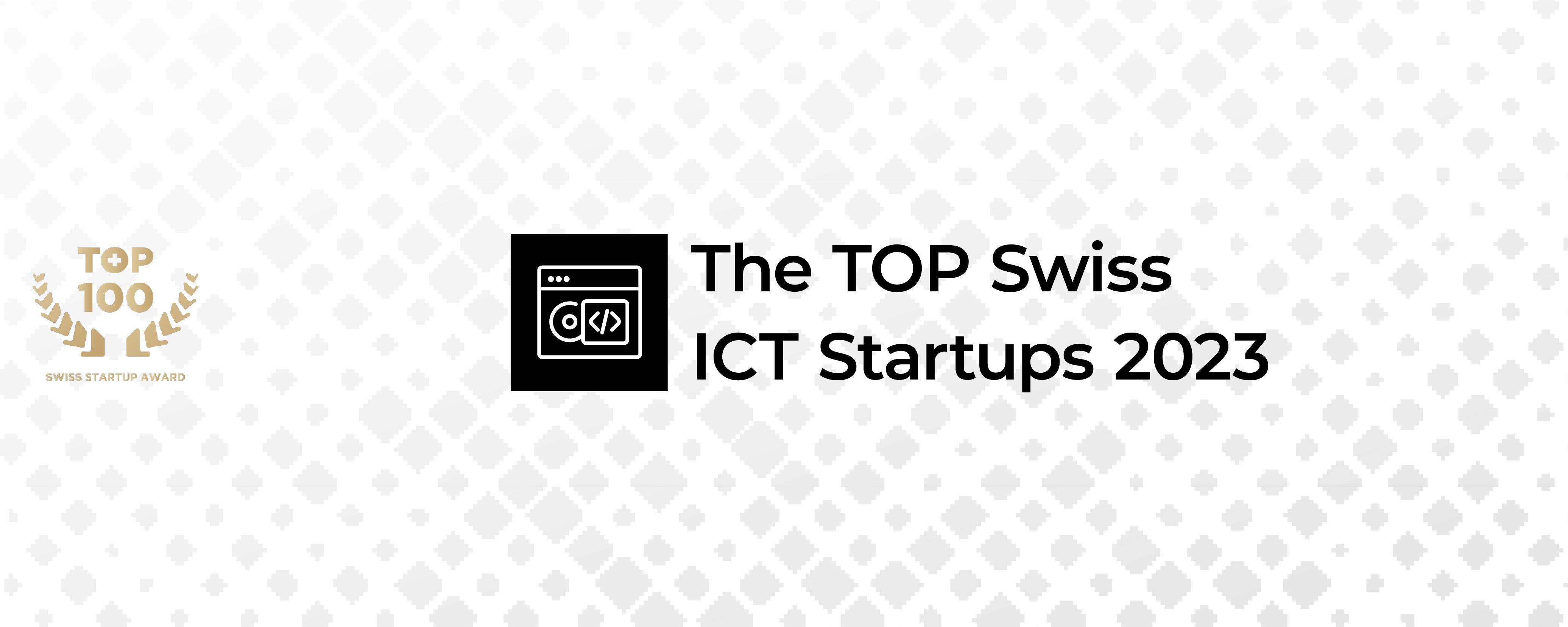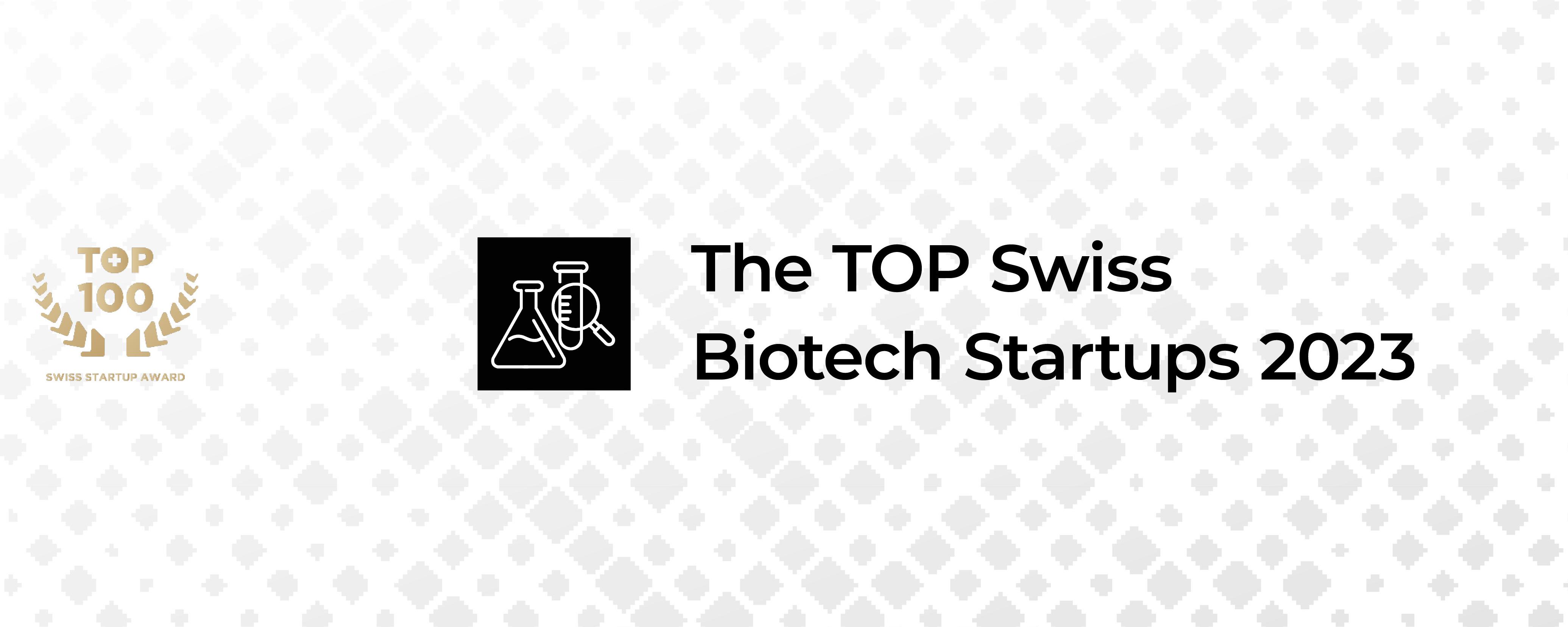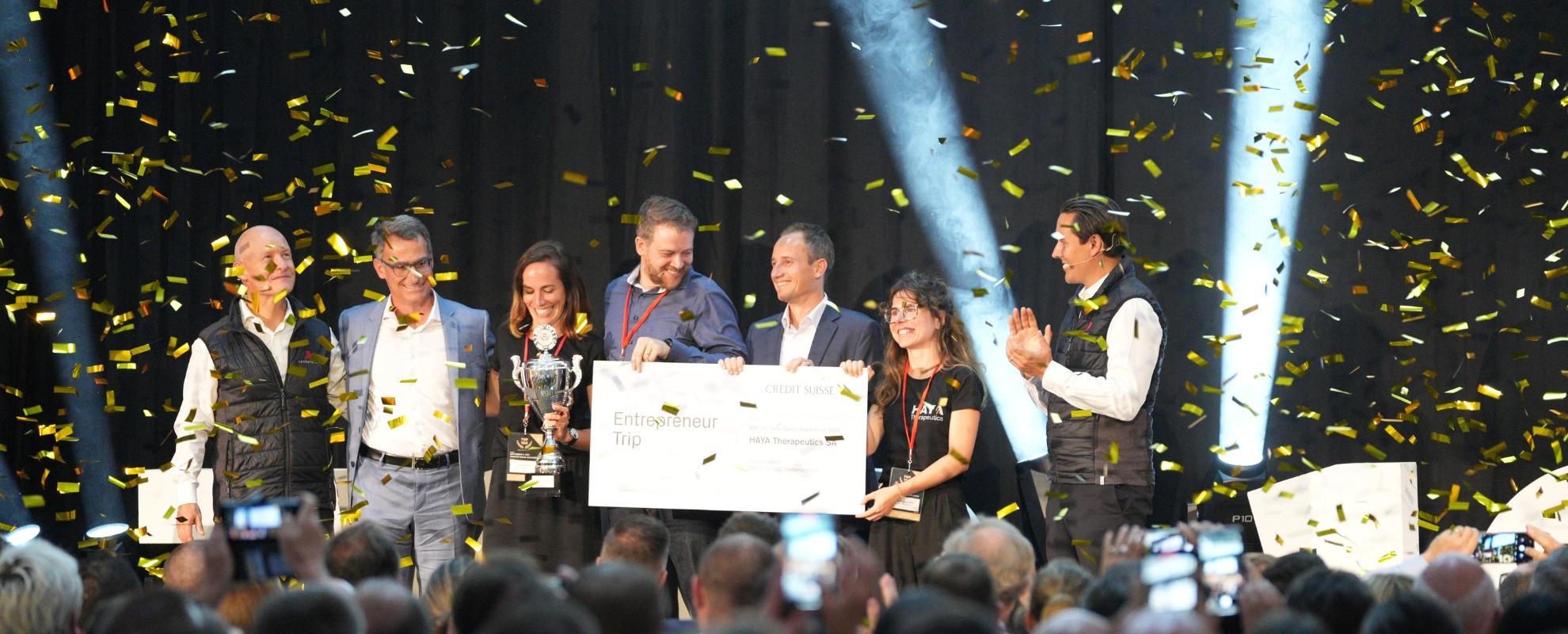The 13 most promising Swiss Medtech startups of 2023, according to investors
09.10.2023 08:03
Rita Longobardi
The 100 most innovative and promising Swiss startups are picked by a panel of 100 leading investors and industry experts and are revealed at the TOP 100 Swiss Startup Award. This year, Medtech has 13 representative startups in the TOP 100 (including 1 in the TOP 10). These innovators are setting the stage for a future where medical devices, platforms, and equipment not only enhance quality but redefine the very essence of healthcare itself.
 The annual ranking of the TOP 100 Swiss Startups has become a benchmark in Switzerland’s startup ecosystem—and beyond. Every year, a panel of 100 leading investors and startup experts chooses the 100 most innovative and promising Swiss startups. Each jury member nominates 10 Swiss startups that are fewer than five years old and show the greatest commercial potential. The first-placed company receives 10 points, the second nine points, and so on. The individual rankings are compiled to generate the final TOP 100 Swiss Startup Award ranking. In parallel, the TOP 100 Public Voting allows everyone with a LinkedIn account to cast one vote and choose the most promising startup per vertical.
The annual ranking of the TOP 100 Swiss Startups has become a benchmark in Switzerland’s startup ecosystem—and beyond. Every year, a panel of 100 leading investors and startup experts chooses the 100 most innovative and promising Swiss startups. Each jury member nominates 10 Swiss startups that are fewer than five years old and show the greatest commercial potential. The first-placed company receives 10 points, the second nine points, and so on. The individual rankings are compiled to generate the final TOP 100 Swiss Startup Award ranking. In parallel, the TOP 100 Public Voting allows everyone with a LinkedIn account to cast one vote and choose the most promising startup per vertical.
Discover the 13 Medtech startups that impressed the TOP 100 Jury and the public the most with their innovative solutions.

Resistell, #8
The antibiotic is called ceftriaxone. It causes almost no side effects and is effective in 85 out of 100 people who suffer from bacterial blood poisoning. However, the remaining 15% of sepsis patients are not helped by ceftriaxone. In order to save as many lives as possible, in accordance with the relevant medical guidelines, doctors administer either stronger antibiotics or antibiotic combinations. In doing so, however, they are fuelling the globally observed increase in antibiotic resistance. The sticking point is the current gold standard of resistance determination, which is based on bacterial cultures and takes at least 24 hours – too long for emergency medication. The rapid antimicrobial susceptibility test (AST) from Resistell now provides an answer. The bacterium taken from the patient is brought into contact with an antibiotic and placed on a nanomechanical sensor. This measures the vibrations that distinguish dead from living bacteria. The less the pathogen vibrates, the more effective the antibiotic.
Volumina Medical, #11
The EPFL spin-off has completed preclinical studies of its injectable implant material and is now testing the innovative material on people. The Vaud company’s product will be used first in breast reconstruction after cancer treatment. Volumina Medical has already received two R&D fundings in 2023, which will support further long-term development.
aktiia, #17
More than a billion people worldwide suffer from high blood pressure, leading to about 28,000 daily deaths. To date, primarily cuff measuring devices have been used to monitor blood pressure, but they must be ‘tightened’ again for each measurement. The Neuchâtel startup aktiia, founded in 2018, has now launched a medical wearable as a bracelet for continuous measurement.
NanoFlex Robotics, #27
NanoFlex Robotics was founded in Zurich in 2021 as a spin-off of the Multi-Scale Robotics Lab at ETH Zurich. The startup has developed a medical robotic system for catheter-based treatment of neurovascular and vascular diseases, enabling precise control with magnetically adapted guide wires and, thus, faster and safer access to target points in the vascular system. In early 2023, Nanoflex Robotics closed a USD 12 million financing round.
Adiposs, #36
Cancer cachexia is an emaciation syndrome characterized by involuntary weight loss. It affects more than half of all cancer patients and is often fatal. Adiposs has developed a contrast agent that enables early detection of the syndrome. To date, the spin-off from the University of Geneva has raised CHF 1.8 million in equity. Clinical phase I started in autumn 2022.
Positrigo, #38
NeuroLF – Positrigo’s first product – is a brain PET scanner designed to facilitate the early detection of brain diseases, such as dementia. Last October, existing and new investors provided CHF 5.5 million in growth capital, which is being used to complete market approval in Europe and the US and to set up international marketing.
Avelo, #48
To improve tuberculosis diagnosis, Avelo has developed a breath sample collection device with a nanofiber filter. This enables doctors to collect breath samples from patients without pain and then use PCR tests to arrive at a rapid and accurate diagnosis. The breath collector is compatible with a wide range of molecular tests and laboratory workflows and is affordable and scalable. In autumn 2022, the company raised CHF 2.2 million in an oversubscribed seed round.
Terapet, #59
Terapet’s imaging technology enables
radiologists to monitor and control the radiation dose during proton therapy inside the patient in real-time. The Geneva-based medtech startup developed its scanner in collaboration with leading research institutes, including CERN and Politecnico di Milano. In early 2023, it announced the first closure of CHF 2.3 million in its pre-series A investment round.
TWIICE, #67
EPFL’s Laboratoire de Systèmes Robotiques has been researching exoskeletons for years. At the end of 2020, a team led by Tristan Vouga founded TWIICE. The aim is to develop and market external skeletons that enable people with spinal cord injuries to stand up, walk and climb stairs. Clinical trials started in April this year in collaboration with the Swiss Paraplegic Centre.
flowbone, #69
Every year, more than 600,000 people
in Europe alone break their hips; many of these are osteoporosis-related and lead to permanent walking disability. Flowbone, founded in 2020, is working on an injectable biogel that rapidly transforms into viable bone and strengthens brittle hip bones locally and minimally invasively. The EPFL spin-off closed a seed round of CHF 2.1 million at the end of 2022.
Artiria Medical, #72
In the treatment of stroke patients, the arteries are used as an access route to place a microcatheter in the brain. The guidewire developed by Artiria Medical promises a higher quality of treatment. In spring 2022, the EPFL spin-off closed a CHF 1.1 million bridge financing; this immediately followed the award of a CHF 2.7 million EIC Accelerator grant. At the end of May, the first product received official approval for the US market.
Akina, #89
Zurich medtech startup Akina, founded in 2021, provides physiotherapy via webcam. Akina Care uses a webcam to analyse patient movements in real-time and provide clinical feedback on the exercises performed. Specialist staff also have access to the data via the cloud platform and can link further treatment to it. At the end of 2022, the ETH spin-off completed a CHF 1.6 million pre-seed round.
EBAMed, #97
The Geneva-based startup develops innovative solutions for the non-invasive and automated treatment of cardiac arrhythmia. High-precision proton beams are used to destroy diseased heart tissue. The startup combines hardware and software in such a way that ultrasound images of the heart provide real-time data for control of the therapeutic beam.
PUBLIC VOTING: Moonlight AI
In the era of personalized Hematology and Oncology, the administration of targeted therapies largely depends on the diagnostics of genomic biomarkers. Moonlight AI aims at accessing this important and predictive genomic information by solely applying computer vision (AI) to scanned images from blood or bone marrow smears of the patients.
The 13th edition of the TOP 100 Swiss Startup Award 2023 celebrated Switzerland's best startups. Discover the cleantech startups and all the details in the TOP 100 Swiss Startup Magazine 2023 or follow the hashtag #TOP100SSU on Linkedin, Twitter, and Instagram for impressions.

 The annual ranking of the
The annual ranking of the 
